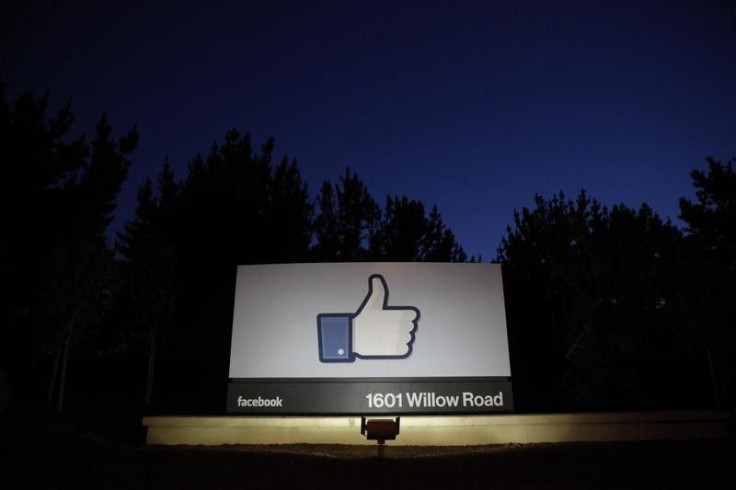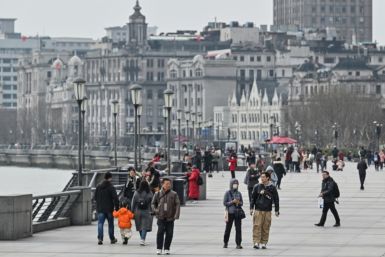Tech Bubble Rising? Greenlight's David Ernhorn Sees Second Bubble in 15 Years Amid Facebook, Twitter Slump

Greenlight Capital's David Ernhorn has declared in his fund's quarterly investor letter that he sees another tech bubble coming possibly in 15 years. In a CNBC report, Mr Ernhorn wrote that "there is a clear consensus" of the coming of a second tech bubble.
Despite the growing consensus, it was uncertain up to what point the bubble will expand and what will cause it to burst. Mr Ernhorn said the current bubble is reminiscent of a past tech bubble. The predicted second tech bubble will have less capitalisation stocks and even less public support.
Mr Ernhorn believes the current indications are further along. These include the rejection of conventional valuation methods and short-sellers being forced to cover market-to-market losses. He also cited big first-day IPOs for tech companies that only used the right buzzwords to draw attention and attract the right venture capital.
Greenlight said companies betting against the tech bubble may "fall by at least 90 per cent" if the market uses traditional valuations.
Since March 5, the Nasdaq Composite Index has dropped 4.5 per cent when it climbed to its highest level in nearly 14 years. Stocks with the biggest gains in 2013 were among those that declined the most.
Greenlight, famous for betting on a decline in Lehman Brothers Holdings Inc before the bank finally collapsed in 2008, was wagering against a group of stocks because it reduces the possibility of single investment becoming too costly. Individual companies were not named in the letter.
Greenlight also questioned the ability of tech companies to keep their highly skilled employees if they fail to provide large amounts of equity. The firm believes it was difficult to ignore the dilution of shares in the future if companies keep on giving stock options to employees.
SunEdison and Resona investments
The firm revealed it purchased large stakes in solar development company SunEdison Inc and Japanese bank Resona Holdings in the second quarter of the year. Greenlight bought shares in Resona at $5.33 per share or 547 yen. In the letter, Greenlight described Resona as "cheap on both an absolute and relative basis."
SunEdison, based in St. Peters, Missouri is seen as a "winner." Greenlight bought SunEdison at $15.55 per share. The firm said the declining cost of solar energy and increasing prices in electricity should position the solar developer as an attractive investment.
Facebook and Twitter slump a sign of things to come?
The fast-moving tech sector may have hit a speed bump as the euphoria of 2013 continues to fade. Analyst Roger Kay, who follows tech companies at Endpoint Technologies, said segments of the tech sector have "some astronomical valuations." He said it was a troubling since future technologies that have not been tested in the market yet are valued in billions of dollars.
Facebook, valued nearly at $150 billion, have spent $19 billion for Asian messaging service WhatsApp and $2 billion for virtual reality company Oculus Rift. Even after a decline in value of amost 20 per cent in the recent weeks, the popular social network is worth 50 per cent more than Boeing. Facebook is traded at 90 times more its profits compared to Boeing's 20 per cent.
Another popular tech company, Twitter, has declined 40 per cent since it peaked in 2013. However, Twitter is worth $25 billion without declaring profits.
The tech sector has been volatile in recent weeks. Chinese Twitter-like Weibo rose 19 per cent on its IPO. King Digital, maker of popular game Candy Crush, has lost 15 per cent on its market debut.






